Step-by-step emission testing roadmap
At the seminar on motor vehicle emissions testing and air pollution control organized by the People's Representative Newspaper on the morning of November 25, Mr. Truong Manh Tuan, Deputy Head of the Environmental Quality Management Department (Department of Environment, Ministry of Agriculture and Environment) said that this draft regulation on emission control focuses on two popular groups of vehicles: motorbikes and scooters, except for special vehicles.
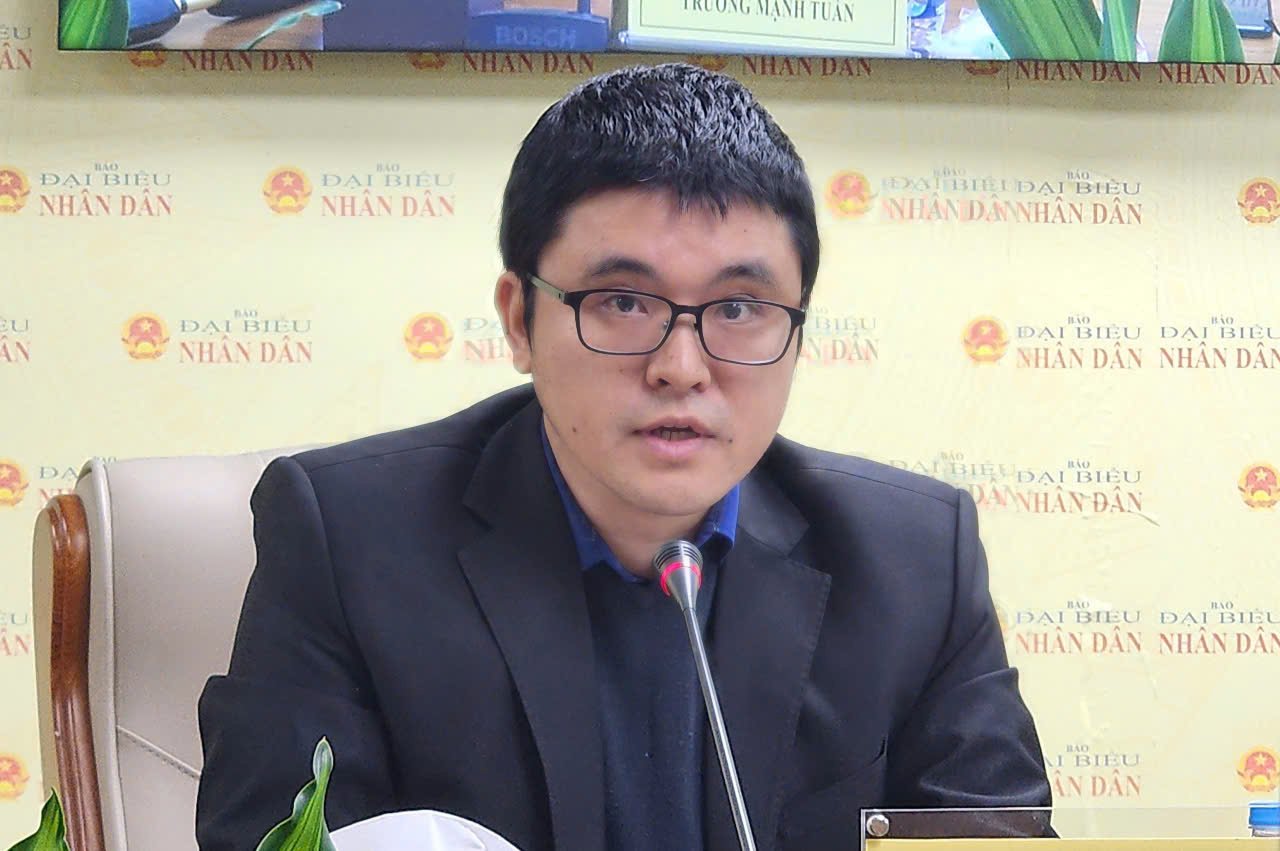
Mr. Truong Manh Tuan, Deputy Head of Environmental Quality Management Department.
According to Mr. Tuan, this is a group of vehicles that accounts for a large proportion of urban traffic, directly affecting air quality. Therefore, the Ministry of Agriculture and Environment is finalizing new emission control standards including four levels, designed in a gradual direction to create a step-by-step transition process, in the direction of not abruptly eliminating gasoline vehicles in circulation.
The implementation roadmap is also very clearly built. Hanoi and Ho Chi Minh City are expected to start mandatory inspection from July 1, 2027; centrally-run cities will implement it from July 1, 2028; the remaining localities will implement it later. After the application date, people will still have an additional 18 months to get used to the new regulations and during this period, no penalties will be applied.
From the perspective of environmental science, Prof. Dr. Hoang Xuan Co, Head of the Science Department (Vietnam Environmental Economics Association) said that it is important to clearly define "what is the purpose of inspection". Inspection data must be stored to assess emission levels, measure pollution reduction efficiency and become the basis for policy adjustment. He also noted the coordination between agencies, in which the roles and responsibilities of each party need to be clearly defined so that policies can be effectively implemented.
Professor Dr. Nguyen Huu Dung, Director of the Vietnam Institute of Urban and Industrial Environment, said that if Hanoi and Ho Chi Minh City want to improve air quality, they must gradually limit the number of motor vehicles, especially when the whole country currently has more than 70 million motorbikes.
According to Mr. Dung, it is impossible to ask people to immediately abandon their old cars because these are the means of livelihood for millions of freelance workers. Therefore, in addition to the inspection roadmap, the State needs to increase public transport capacity to create more suitable alternatives for people.
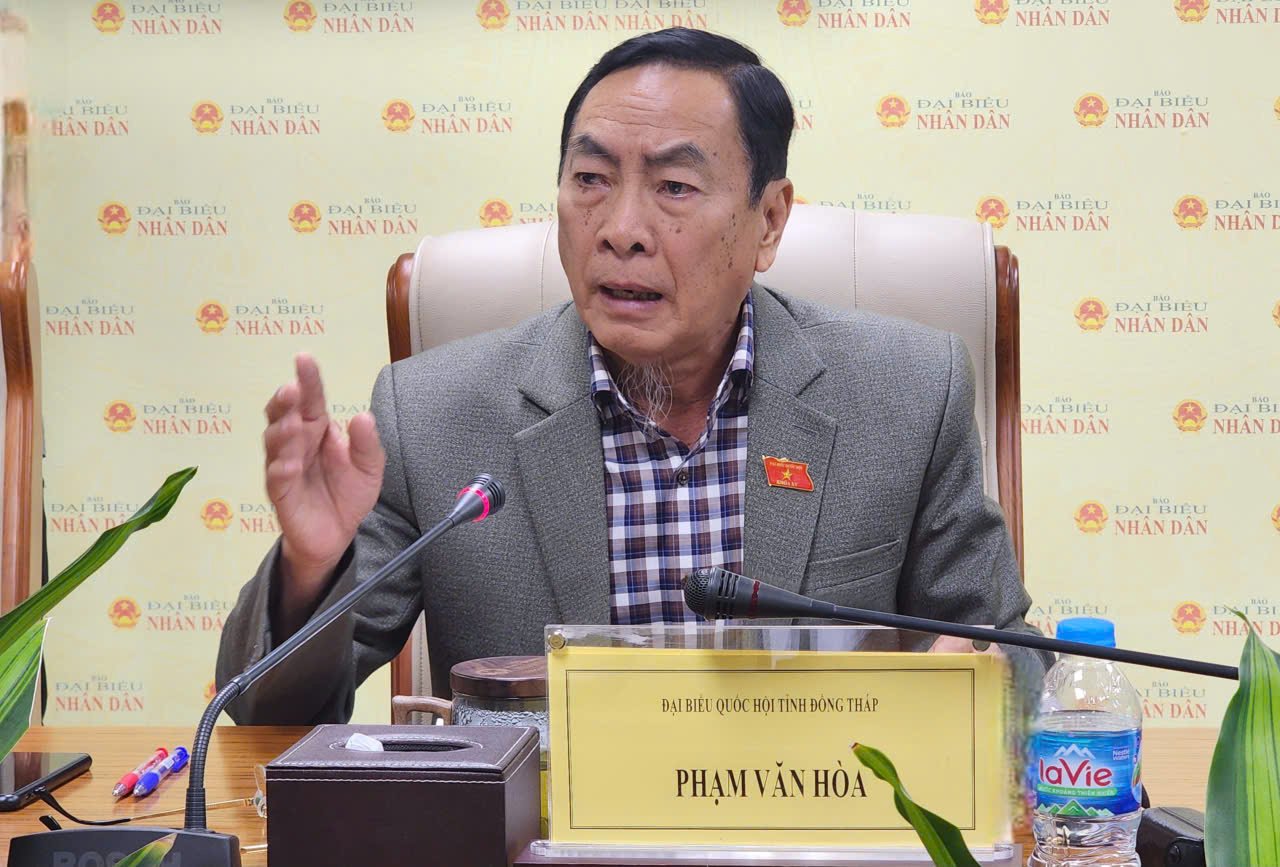
National Assembly delegate of Dong Thap province Pham Van Hoa speaks.
National Assembly delegate of Dong Thap province, Pham Van Hoa also emphasized that Vietnam is one of the countries with the largest number of motorbike users in the world. In many families of three, all three use motorbikes. Therefore, all policies related to inspection, recall or replacement must be carefully considered.
According to Mr. Hoa, the inspection of old vehicles is necessary for classification and treatment, but the implementation process must take into account the fact that people still need vehicles for daily travel, especially in the context that Hanoi is about to apply measures to limit gasoline vehicles in some central areas.
Ensuring social security and providing the right support to vulnerable groups
From a social security perspective, National Assembly member of the 13th tenure Bui Thi An said that motor vehicle inspection is not only a vehicle management activity but also directly related to the health and lives of people, especially in Hanoi - where motor vehicles are a major source of pollution.
Ms. Bui Thi An affirmed that the environment and social security are always closely linked; a clean environment makes people healthy, and good social security makes people have the conditions to improve their quality of life. However, with about 2.5 million old and dilapidated vehicles in circulation, policies must carefully assess the social impact: Which group is most affected, which subjects need support, how much support, and which vehicles can people switch to.
“We cannot ask people to abandon their old gasoline vehicles when they do not have the conditions to switch. Support policies must go to the right people, especially households that make a living by motorbikes,” said Ms. Bui Thi An, suggesting that the National Assembly issue a resolution to monitor this issue, and at the same time make the data public so that people can understand and support it.
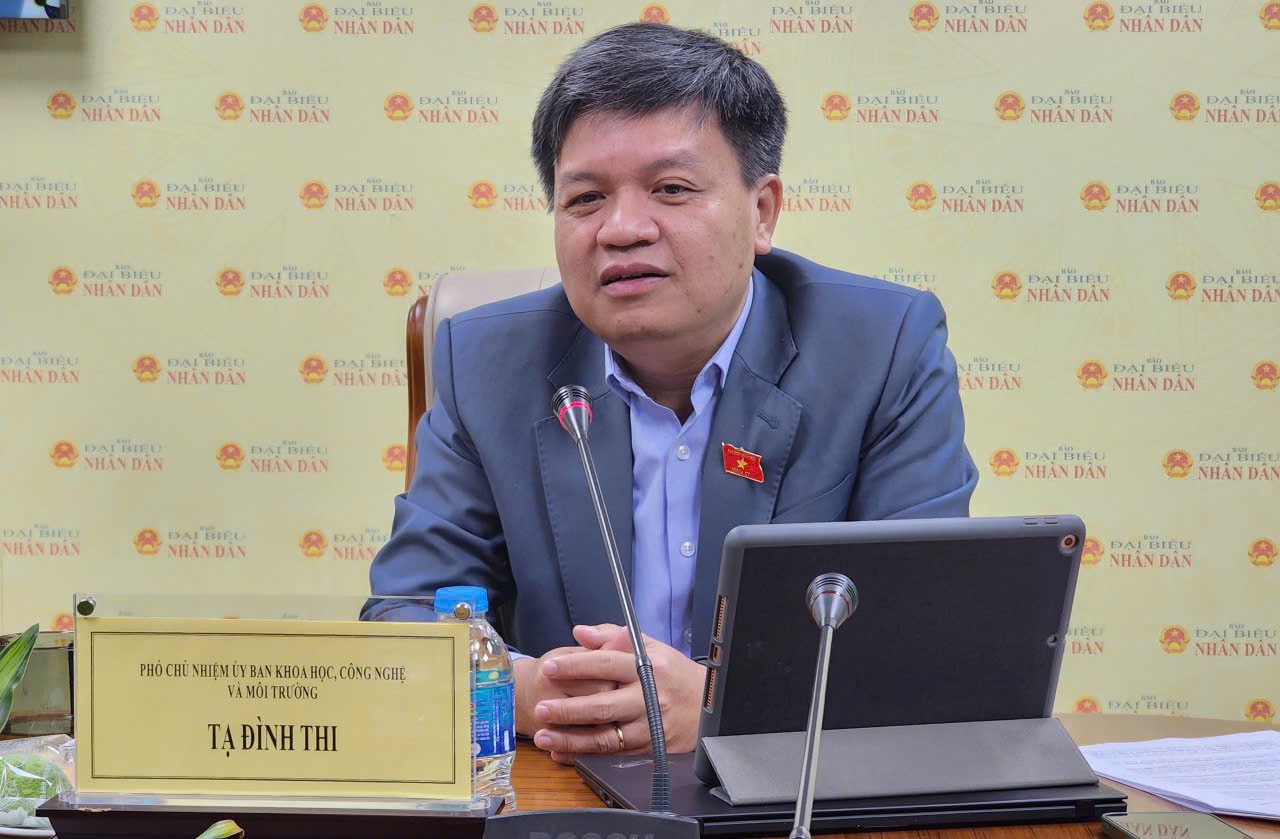
Mr. Ta Dinh Thi, Deputy Chairman of the National Assembly's Committee on Science, Technology and Environment.
Mr. Ta Dinh Thi, Vice Chairman of the National Assembly’s Committee for Science, Technology and Environment, said the thematic monitoring results presented at the 10th Session showed that air pollution, especially in Hanoi and Ho Chi Minh City, is at an alarming level. Therefore, building a roadmap to control emissions for all road vehicles is necessary and urgent.
According to Mr. Thi, the Government has issued a National Action Plan on Air Quality Management for the period 2026 - 2030, with the goal that by 2030, all means of transport must have their emissions controlled according to national standards. To achieve this goal, the policy must be based on three pillars: feasible standards and regulations, modern inspection infrastructure, and effective monitoring and punishment mechanisms, including the application of artificial intelligence.
The Vice Chairman of the National Assembly's Committee on Science, Technology and Environment emphasized that the roadmap must be implemented with focus, prioritizing large cities under heavy pollution pressure, but absolutely must not cause sudden changes, ensuring harmony between the goal of environmental protection and people's endurance.
Source: https://baotintuc.vn/xa-hoi/khong-dot-ngot-loai-bo-xe-may-xang-20251125124550093.htm



![[Photo] Prime Minister Pham Minh Chinh receives Governor of Gunma Prefecture (Japan) and Special Advisor to the Japan-Vietnam Friendship Parliamentary Alliance](/_next/image?url=https%3A%2F%2Fvphoto.vietnam.vn%2Fthumb%2F1200x675%2Fvietnam%2Fresource%2FIMAGE%2F2025%2F11%2F25%2F1764066321008_dsc-1312-jpg.webp&w=3840&q=75)

![[Photo] Close-up of Ba Ha River Hydropower Plant operating to regulate water to downstream](/_next/image?url=https%3A%2F%2Fvphoto.vietnam.vn%2Fthumb%2F1200x675%2Fvietnam%2Fresource%2FIMAGE%2F2025%2F11%2F25%2F1764059721084_image-6486-jpg.webp&w=3840&q=75)


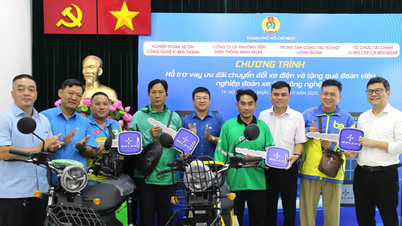

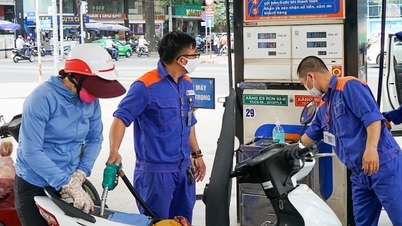


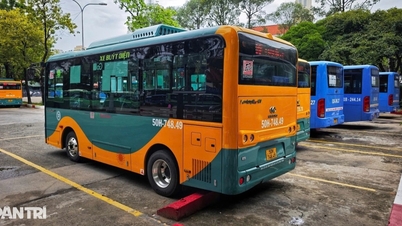

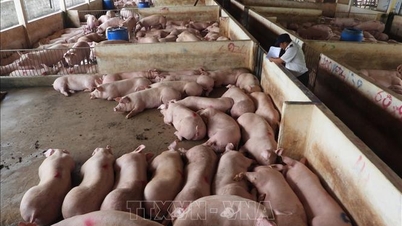


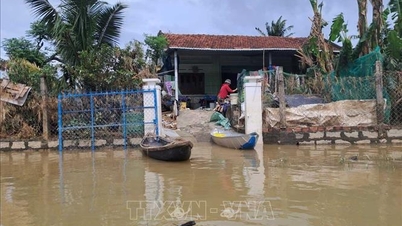


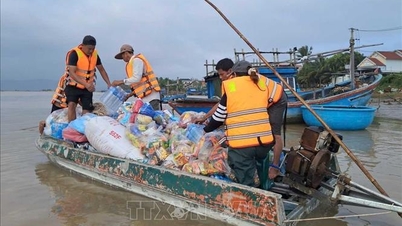


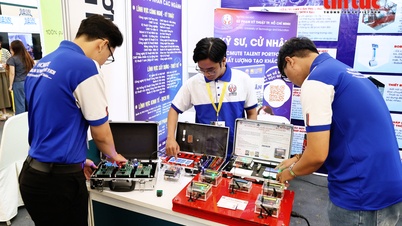






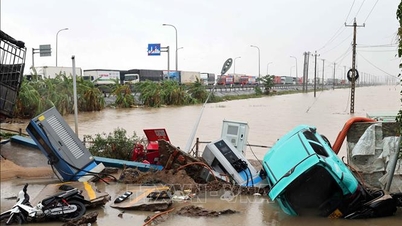


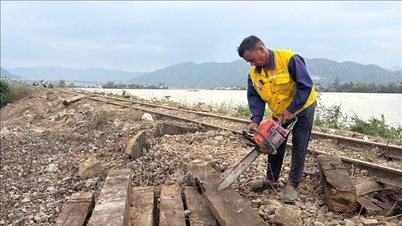






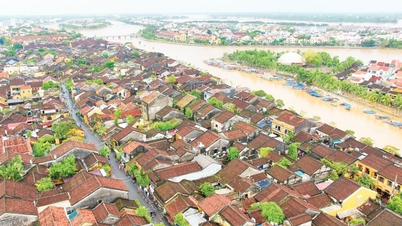


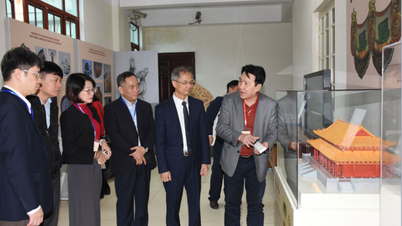










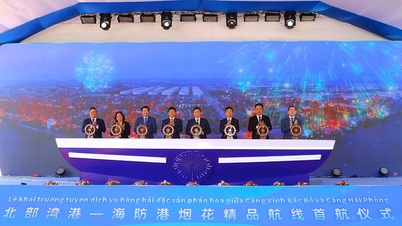


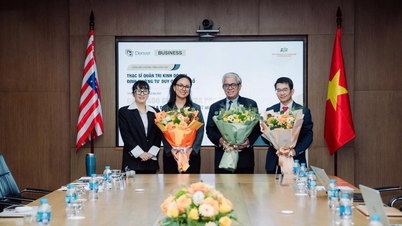

![[Answer] Should I install an elevator for an old renovated house?](https://vphoto.vietnam.vn/thumb/402x226/vietnam/resource/IMAGE/2025/11/25/1764039191595_co-nen-lap-thang-may-cho-nha-cai-tao-cu-khong-04.jpeg)








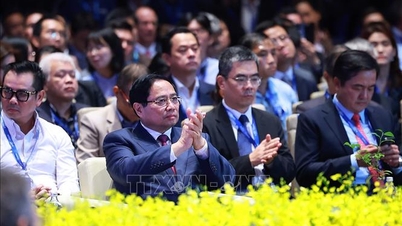






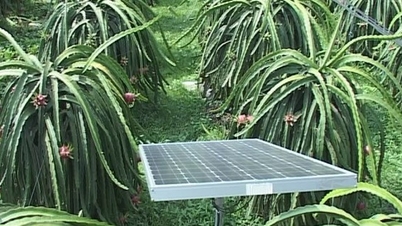

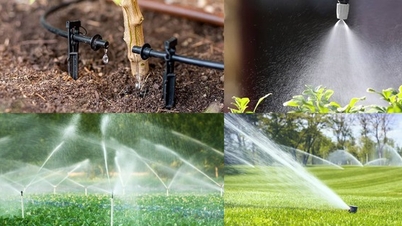

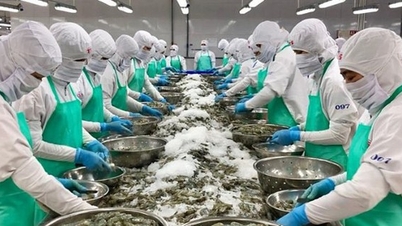
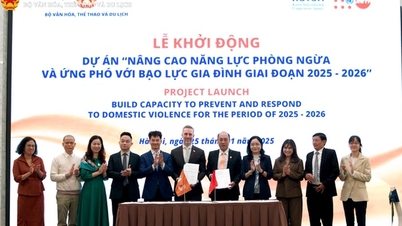





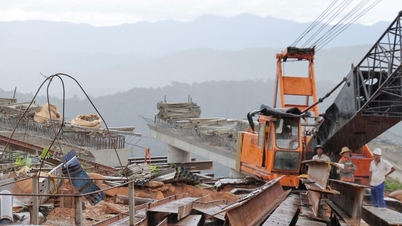
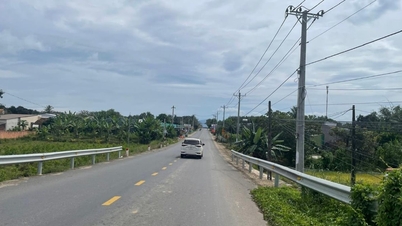
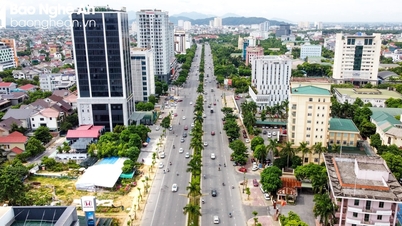

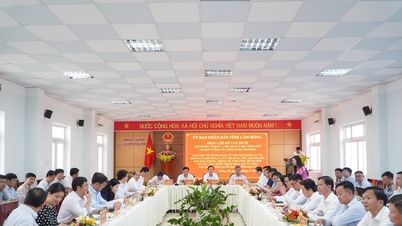














Comment (0)